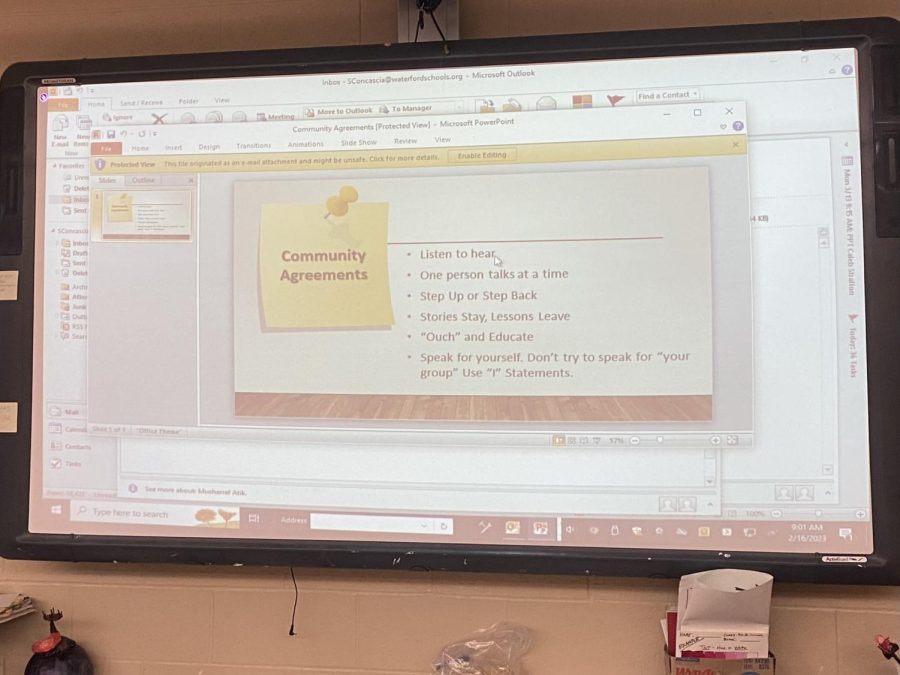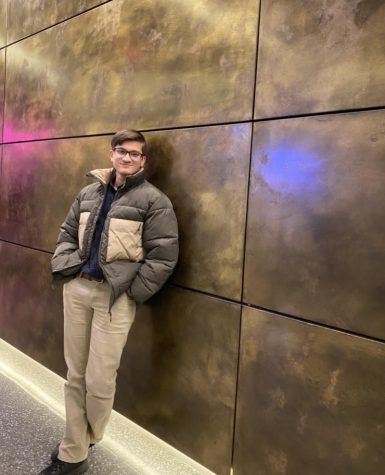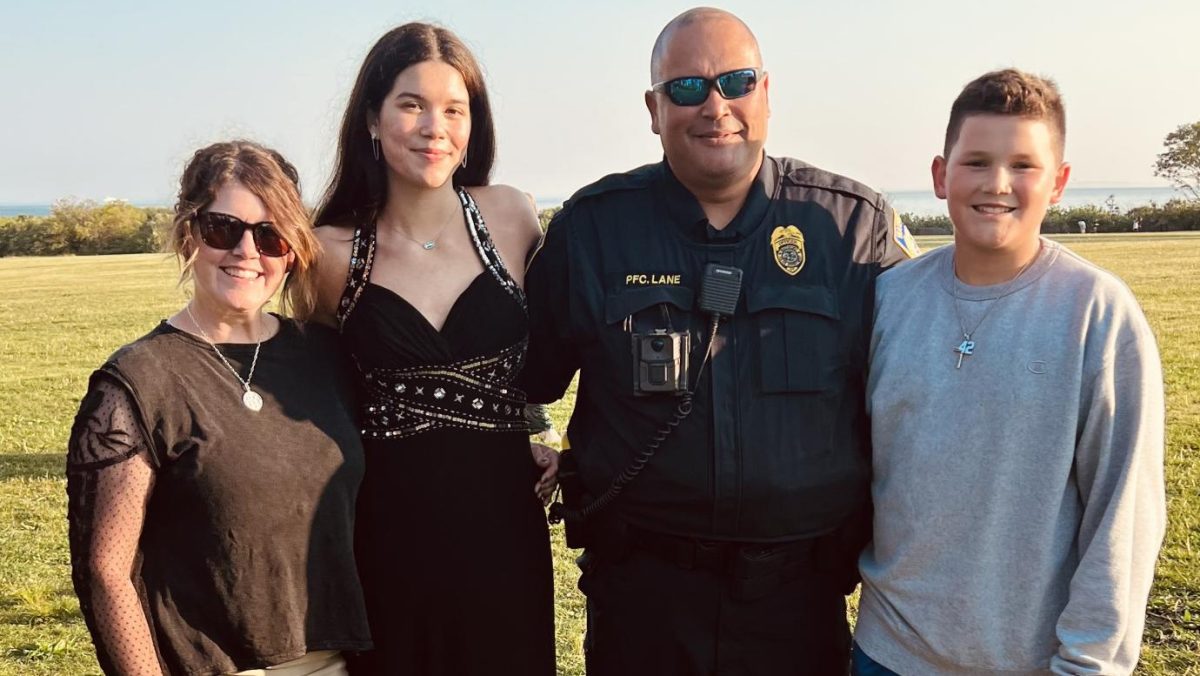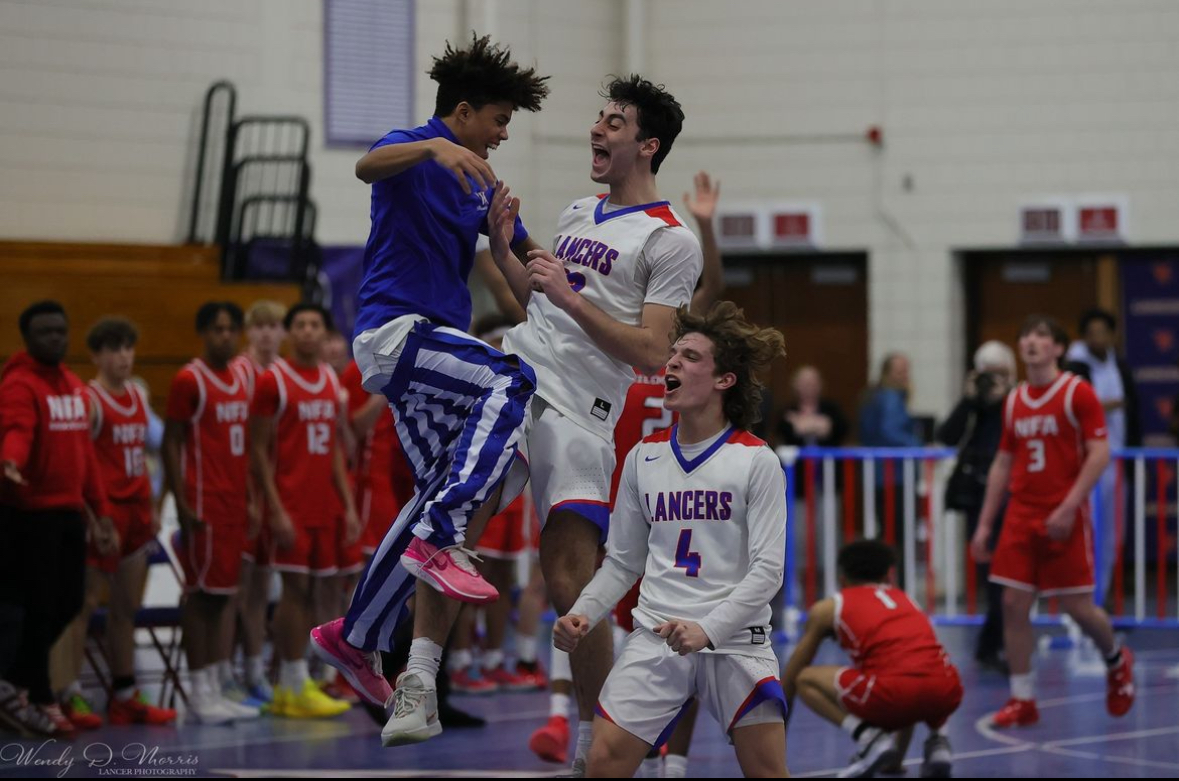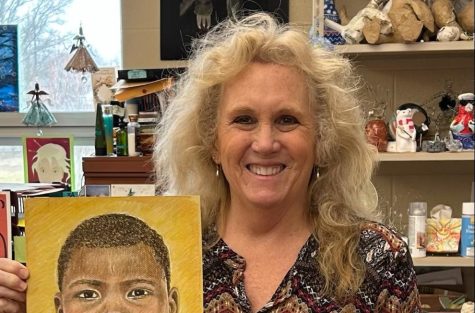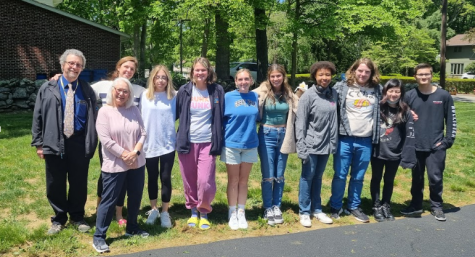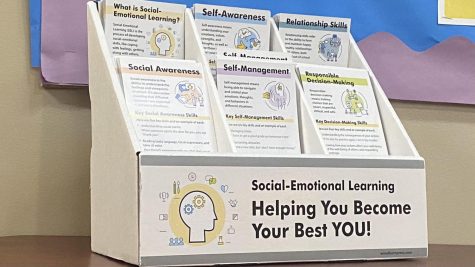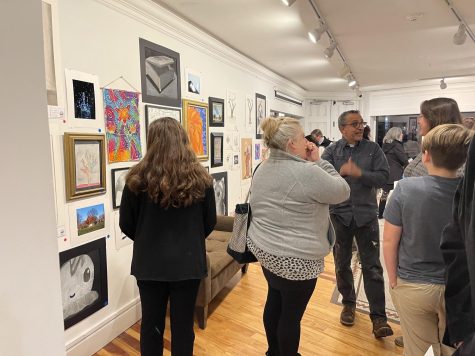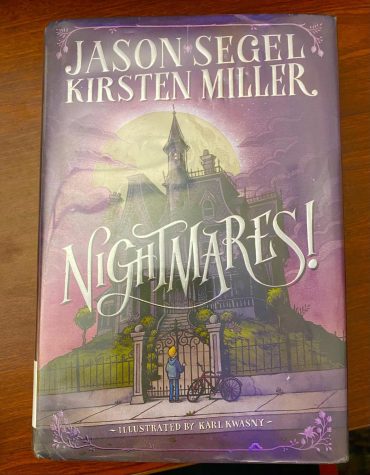The Wasted Potential of Extended Advisories
March 17, 2023
When bringing up the concept of talking about race, gender, equality, or any heavy topic for that matter, one of the most important initiatives to remember is the extended advisories. A notorious initiative, the extended advisories were first announced on September 26th, 2021 to make Waterford High School more inclusive and open than before, with a focus on freely sharing cultures and family traditions. Instead, it resulted in apprehension and backlash for a variety of different reasons.
The uncertainty of effectiveness after the execution of the extended advisory initiative directly influenced the popularity of the extended advisories itself. In a survey conducted by The Lancelot in December of 2021, they reported that only 35% of students enjoyed the activities yet a quarter of students didn’t actually participate in them. Some students in the same report indicated that the extended advisory was “foolish and childish” or “a waste of time.” Others acknowledged that the idea of the extended advisory may have been promising, but it needed much more effective activities. One student indicated that they enjoyed the time to talk to others in advisory.
It’s hard to pinpoint where everything went wrong, but one that’s important to mention is some of the arbitrary rules that were put in place.
In hindsight, it was clear there was an immediate conflict in both the initiative’s rules and goals. An emphasis to “speak for yourself” instead of a “group” was brought up in the beginning of every meeting to be inclusive of different cultures. At the same time, the extended advisories also promoted students to share their individual traditions – which, in return, is directly attributed from their own cultural groups. If the intentions of the extended advisories were to share different traditions and cultures, it doesn’t make sense why students would not be able to talk about those specific groups of cultures.
The issue also goes beyond some of the arbitrary rules and ideas that were presented. In fact, the issue was that students did not talk in general. “There was apprehension,” Waterford High School teacher Mr. Alchrona says. He felt there were people who were genuinely against the extended advisories, which in return, made the lessons unable to connect with students.
For Waterford High School graduate Joyce Mak, the extended advisories didn’t have much of an impact on her or her peers either. It actually may have shed light on the degree to which her teachers were inept in teaching these lessons: “I felt that my peers didn’t really understand the point of the exercises sometimes because they [the teachers] were often unprepared. Sometimes, we wouldn’t even do them because nobody understood them.” Another student commented that their advisors didn’t even do it while other teachers would pull up the lesson plan as the advisory began, reading it with their class. In addition, a key point often overlooked is the burden that bringing these initiatives may have on advisors themselves. “A lot of teachers feel like it’s something we need to do” on top of all their other work, Mr. Alchrona says.
Covering heavy topics such as race, gender, and culture is not as simple as emailing teachers a lesson plan.
Without a student-teacher connection, students aren’t going to be able to “buy into the lesson”, Mr. Alchrona says. Even if the lessons fail, the intent of discussing cultural and racial sensitivity should be put in high regard. “[Waterford] says all the right things, but I don’t think it ends up being as open and inclusive as we want it to,” he added. For example, students of color have shared this sentiment with him in private after these extended advisory sessions. The use of slurs and insensitive statements are not a thing of the past. Nowadays, it is unfortunately very common to hear the use of the n-word through white students on a daily basis.
It’s commendable that Waterford High, which is a predominantly white school, took an initiative to make their school environment more inclusive. However, to create games such as “share your stereotype”, where students were encouraged to explain stereotypes that revolve around their culture, has the opposite effect. It was this extended advisory that made me feel truly disconnected for the first time from the Waterford community. When you’re the only person with a foreign background in a room that’s predominantly white, being told to promote the negative stereotypes behind your culture is especially alienating to minorities. I felt this sentiment when participating in the activity. The extremes behind common stereotypes between Muslims and white people go without saying, and being a minority student in that situation made me realize that sharing those negative stereotypes has no benefit to anyone. “We could have had conversations about stuff that was relatable instead of playing games about comparing cultures,” added Mr. Alchrona.
I voiced my frustration with these activities to former principal Mr. Hauser, who was more than receptive and appreciative of these concerns. He later invited me to help revise the extended advisory activities for the later portion of the year with some other students and teachers. When I arrived, it was clear to me that the teachers and advisors behind planning these activities did not have a clear grasp of what students were into or would tolerate.
Speaking to other teachers, it was also clear to me that there was a great imbalance between the impact of these lessons. Some advisors had great discussions, which could be a result of class size, staff training, and the diversity among students.At the same time, this may not be directly teachers’ fault— students may have not been directly transparent or vocal about their opinions on the activities above the idea that it was not popular among them. Then again, forcing students to be involved in activities may have been detrimental to the goal of inclusivity within Waterford.
Mr. Hauser, former principal of Waterford High School, announced the first extended advisory on September 26, 2021, with the goal of “helping build a more inclusive, equitable school culture.” In the year 2023, it’s evident that a year of making pasta towers with classmates and “what’s in a name” activities weren’t the way to steer towards this goal.
High schoolers should be above watered-down activities about inclusivity. With this in mind, this doesn’t mean that the community should stop talking about sensitive topics. Instead, the Waterford community should begin genuinely caring about building a more inclusive and equitable school culture the right way.
Beginning to share other sides of conversation and culture can begin opening the conversation towards these topics. The simple acknowledgment of other traditions and cultures by Waterford High can go a long way to both being inclusive of others and strengthening the knowledge students have on cultures that aren’t their own.
We, the Waterford community, will never know the true potential of what the extended advisories could have been. As has been for most of history, the topics of gender, sexuality, and race will be difficult to discuss but exceptionally important to have.


